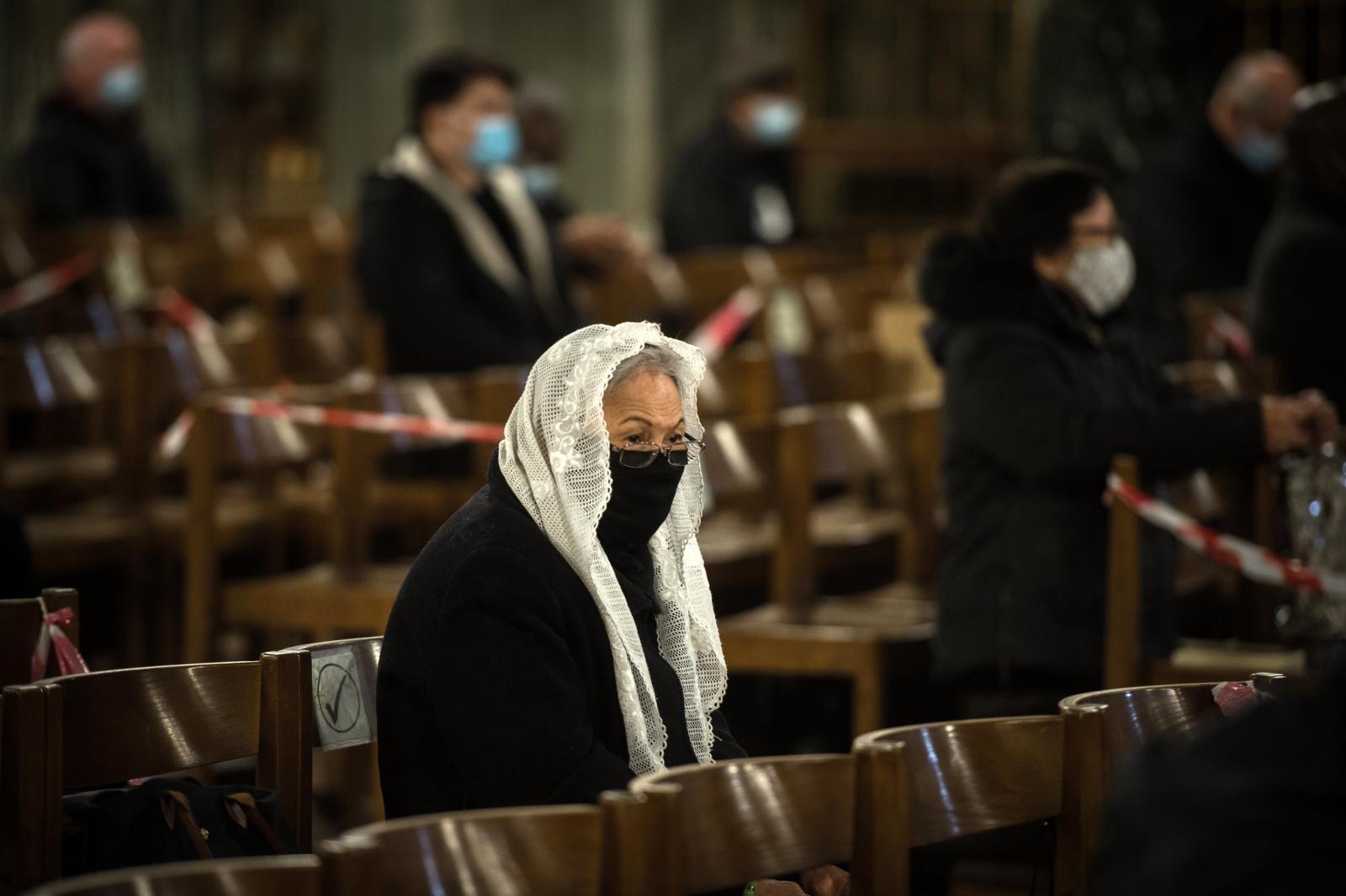On Friday 8th January, following some questions about why our churches remain open, Bishop John Sherrington issued the following letter explaining the position and role of our churches during the current lockdown:
We are aware that questions are being asked as to why churches remain open during this National Lockdown. We are also aware that many local authorities are calling for places of worship to close. We wish to respond to these concerns.
Churches are allowed to open for prayer and communal worship at this time according to the provision of the most recent national legislation and Government guidance. This decision is based on two factors: the recognition that our churches are safe, and that the service they offer is essential.
The safety of our churches has been affirmed by Public Health England (PHE) in its current advice to the Government. This is publicly recognised to be the result of the great efforts made by many people in the implementation of procedures mandated by PHE and thereby establishing the necessary conditions within churches for their safe use.
Our churches are making a significant contribution to the personal resilience and inner strength of people which is much needed at this time. Many are hubs from which essential support is offered especially to those most in need, extending well beyond the faith communities which use them. This includes the regular provision of food; the care of the homeless; and being a place of peace and reflection (which is safe) for many whose living conditions are very limited. This will become more appreciated as the programme of vaccination increases. The vital link between prayer and action is important to maintain this service.
At this phase of the pandemic, which is causing alarm and fear, our churches will exercise their role with increased diligence to ensure continuing safety and service.
Our clergy will ensure that all are aware that there is no duty or responsibility to come to church and communicate to all there is no obligation to attend Mass on Sunday. They will review, in each local area, the provision offered by the church in order to ensure that the highest standards of safety are maintained. This will include a review of the role of stewards, the provision of additional social distancing within the church, a review of cleansing routines, and consideration of the personal circumstances of the priest(s) and people. On this basis there will be a local evaluation and decision about the possible reduction in the times of opening and the frequency of communal worship.
In conclusion we recognise the higher levels of fear and anxiety which the new strain of the virus has prompted and we have a very proper awareness of the care which must be exercised by everyone, under the guidance of PHE health professionals.
We recognise, too, that isolation is having a profound detrimental effect on people and that the role of churches in easing that isolation in ways which are safe and supportive has been recognised as a positive and beneficial contribution to the common good.
We pray for the dedicated work of the NHS and continue to provide spiritual support to staff and patients through the network of chaplains working both in the hospitals and the community.
Government guidance for the current lockdown can be found here. Guidance for the safe use of places of worship is available here.
Photo: Mazur/CBCEW.org.uk




